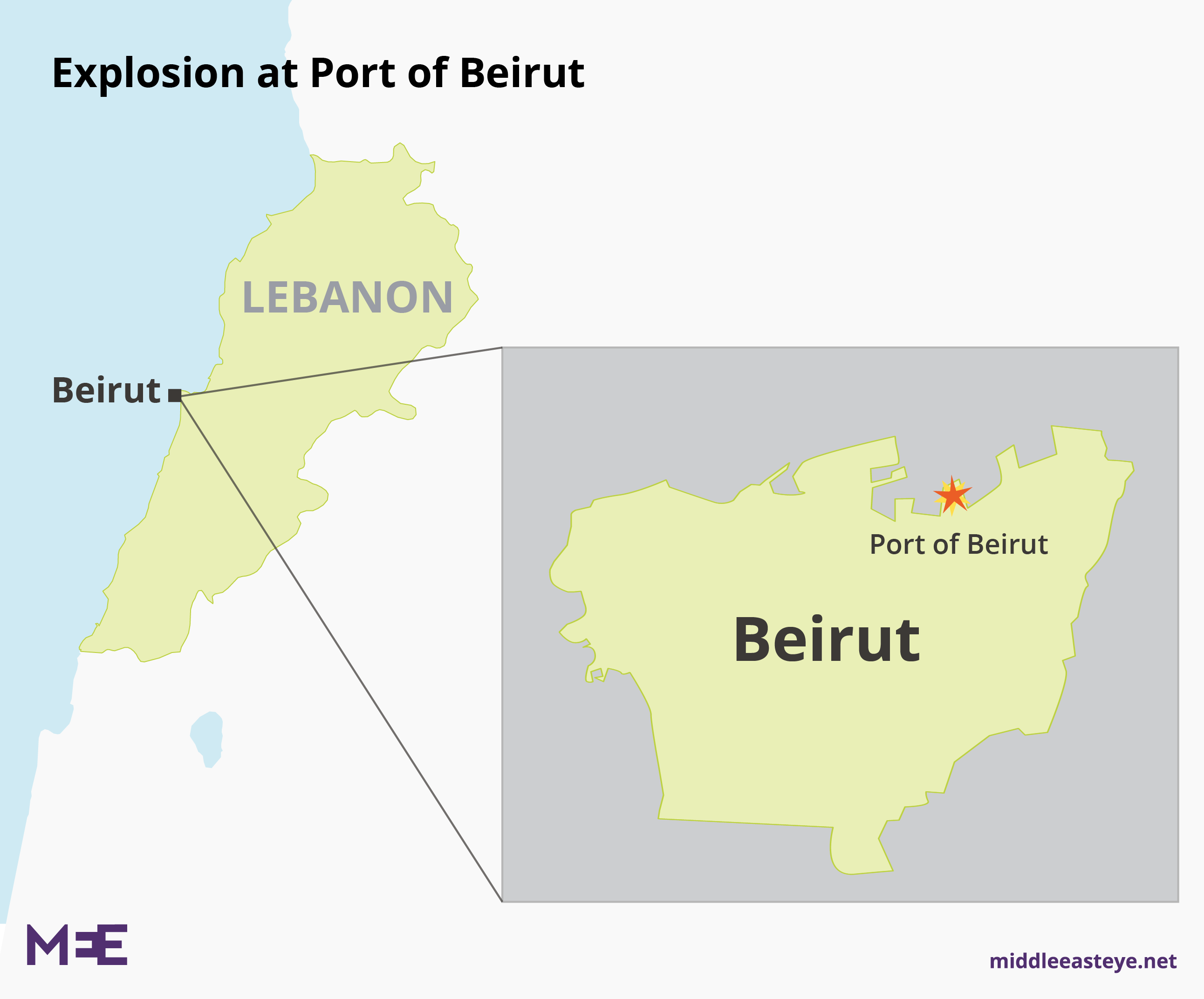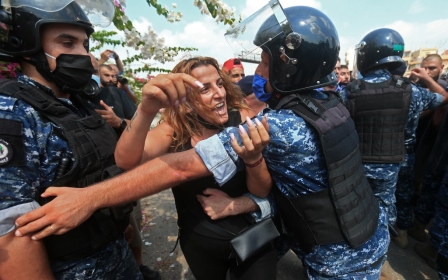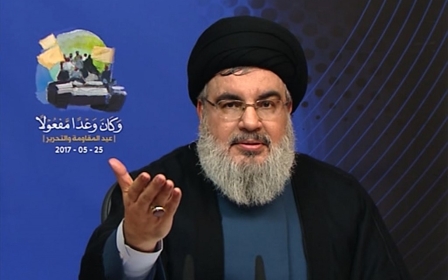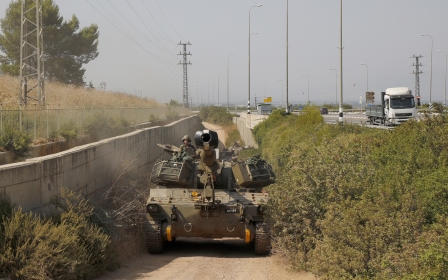Beirut explosion: Huge blast rocks Lebanese capital wounding thousands
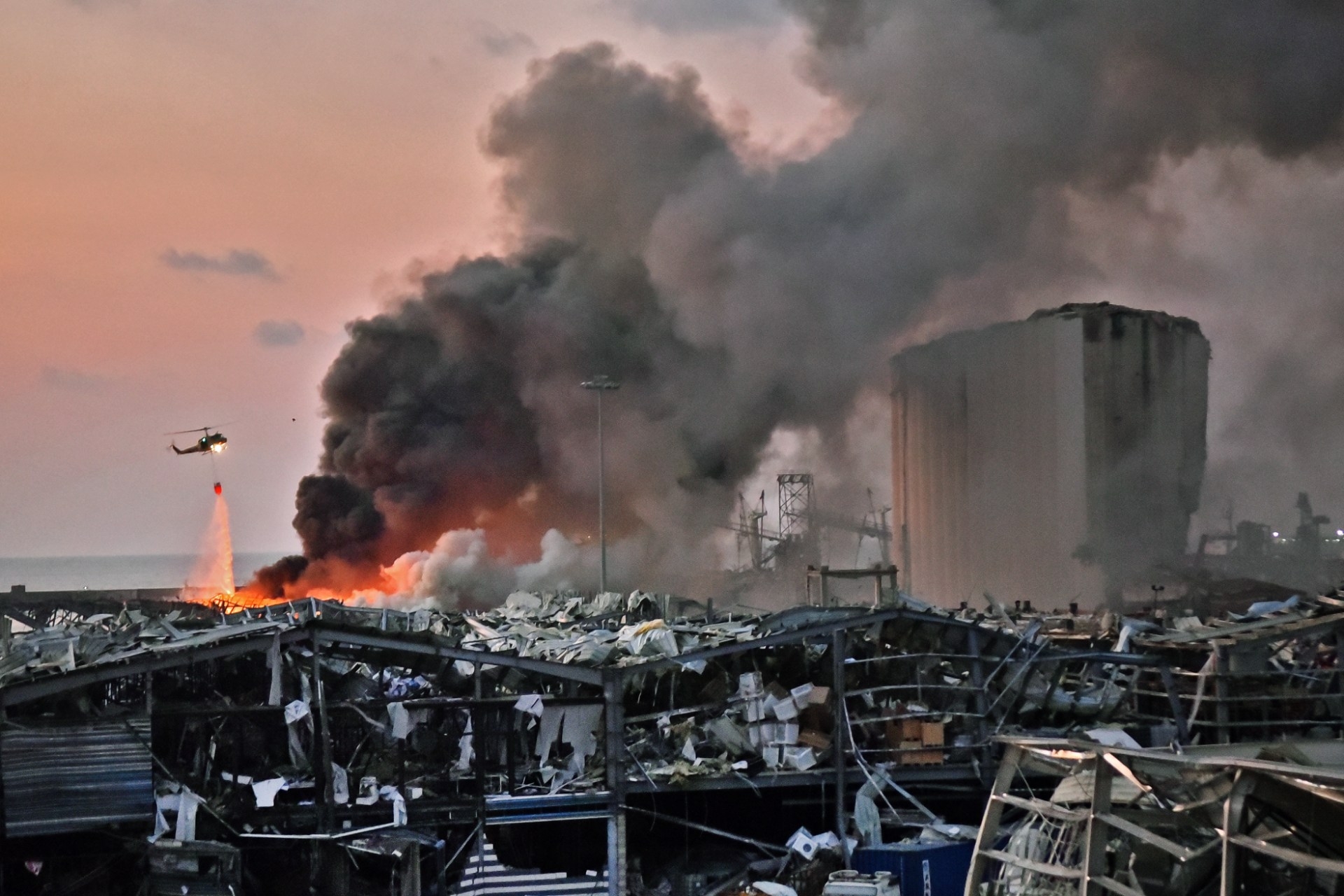
A massive explosion ripped through the Lebanese capital Beirut on Tuesday, killing scores of people and injuring thousands.
The head of the Lebanese Red Cross told local broadcasters on Wednesday that more than 100 people had died following the blast at a warehouse in the city's port.
George Kettaneh told LBCI TV by telephone that the Red Cross was coordinating with the health ministry for morgues to take victims because hospitals were overwhelmed.
The Red Cross said more than 4,000 people had been wounded in the blast.
The National Council for Scientific Research said a warehouse containing ammonium nitrate, a highly explosive material used for fertilisers, was the source of the incident.
New MEE newsletter: Jerusalem Dispatch
Sign up to get the latest insights and analysis on Israel-Palestine, alongside Turkey Unpacked and other MEE newsletters
Health Minister Hamad Hassan described the incident as "a disaster in every sense of the word", and warned that the death toll was likely to rise.
"The capital's hospitals are all filled with wounded people," he said.
Among those killed was Nizar Najarian, secretary-general of the Kataeb party, whose headquarters are near the port's entrance.
President Michel Aoun said on Twitter that it was "unacceptable" that 2,750 tonnes of ammonium nitrate were stored at the warehouse for six years without safety measures, and vowed that those responsible would face the "harshest punishments".
'People around me were in hysterics, they were panicking, they were asking "what’s going on, what's going on"'
- Nour, west Beirut's busy Hamra district
Videos posted online showed a large column of white smoke billowing from the warehouse, followed by a much larger blast that caused a massive mushroom cloud of red smoke to hang over the city.
Windows were smashed across Beirut, with tremors felt as far away as Cyprus.
Late on Tuesday, the streets of downtown Beirut were full of ambulances, and closer to the scene of the blast the devastation was increasingly pronounced.
Forum de Beyrouth, a popular exhibition hall, was left a shattered mess. Shops, bars and restaurants in the nearby Mar Mikhael and Gemmayzeh districts were strewn with debris with security forces out in full.
Nour, a young woman in west Beirut's busy Hamra district, told Middle East Eye that the city was "all glass".
"The explosion was so loud I thought it was happening in the area I was in. I waited 15 minutes until running to my motor scooter and driving home. I saw a massive pink cloud over Beirut on my way," she said.
"People around me were in hysterics, they were panicking, they were asking 'what’s going on, what's going on'."
Wounded and shocked people have been flooding to Beirut's hospitals. Video from east Beirut's Saint George Hospital showed patients walking among badly damaged corridors.
Representatives of Achrafieh's Hotel Dieu Hospital told LBC it was at full capacity after receiving 500 injured. The Lebanese Red Cross urged people to only go to hospitals if critically ill. The Al Jadeed TV channel reported that the Kazakh ambassador was wounded.
Medical officials are urging people in the country to donate blood if they can.
A journalist at local newspaper the Daily Star uploaded a video of its newsroom approximately 1.5km from the explosion, showing massive destruction inside.
In an address to the nation, Prime Minister Hassan Diab said that officials would be held to account, and pressed friendly nations to come to Lebanon's aid.
"What happened today will not pass without accountability. The people who are responsible will pay the price. This is a promise to the martyrs and the wounded," he said.
Turkey, Qatar and France all offered to send aid and help to the country while the powerful Hezbollah movement urged rival political factions to unite and overcome the "painful catastrophe".
The incident comes as Lebanon struggles with a crippling economic crisis and awaits the verdict from an international tribunal probing the 2005 assassination of ex-prime minister Rafic Hariri.
In recent months the Lebanese pound has lost 80 percent of its value and food prices have doubled. The government has warned that 60 percent of the population could be living below the poverty line before the end of the year.
Bordered to the south by Israel, which is an enemy state, and war-wracked Syria to the east, Lebanon relies heavily on its port for imports.
Middle East Eye delivers independent and unrivalled coverage and analysis of the Middle East, North Africa and beyond. To learn more about republishing this content and the associated fees, please fill out this form. More about MEE can be found here.


